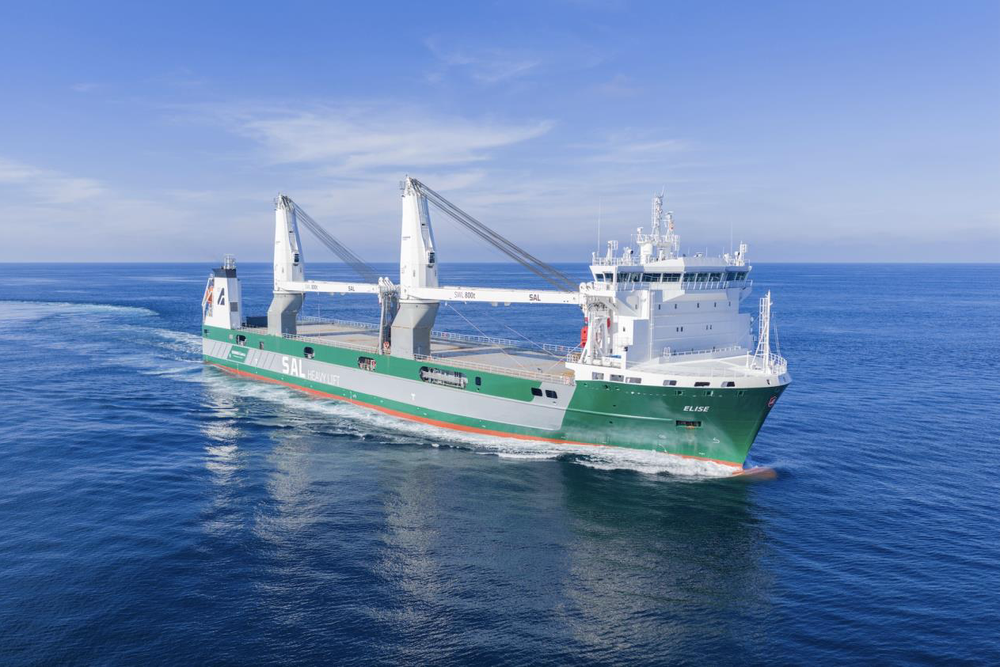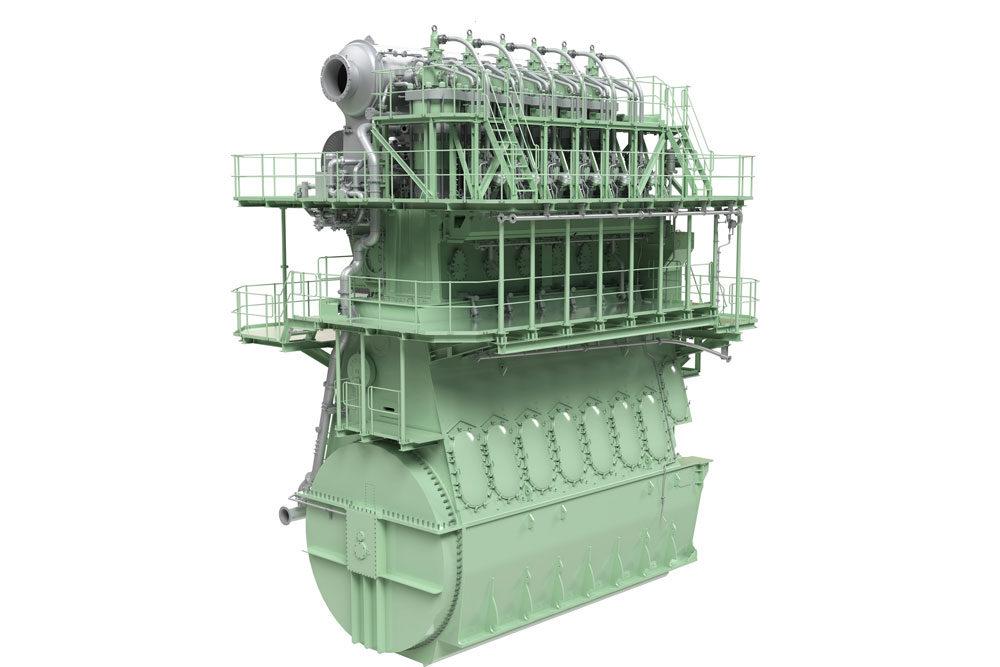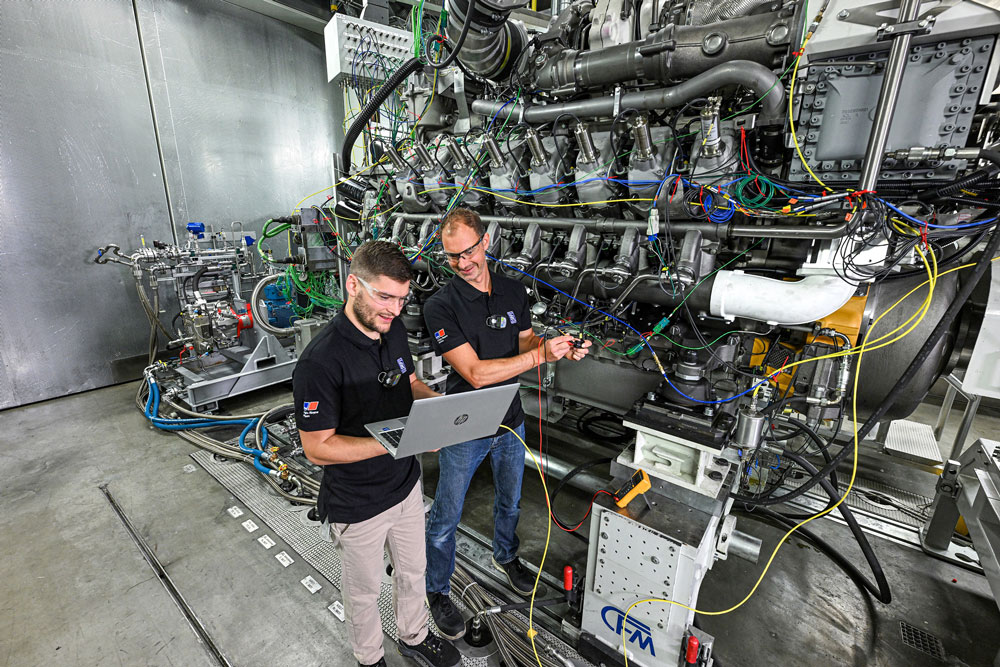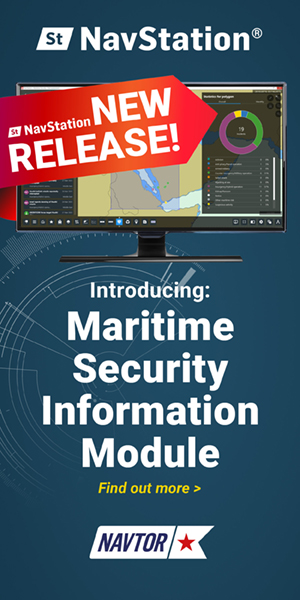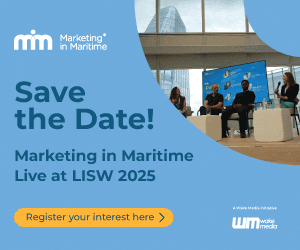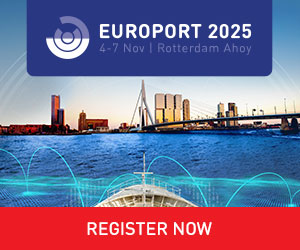Paywall
 Lubricants: »A trusted partner makes a difference«
Lubricants: »A trusted partner makes a difference«
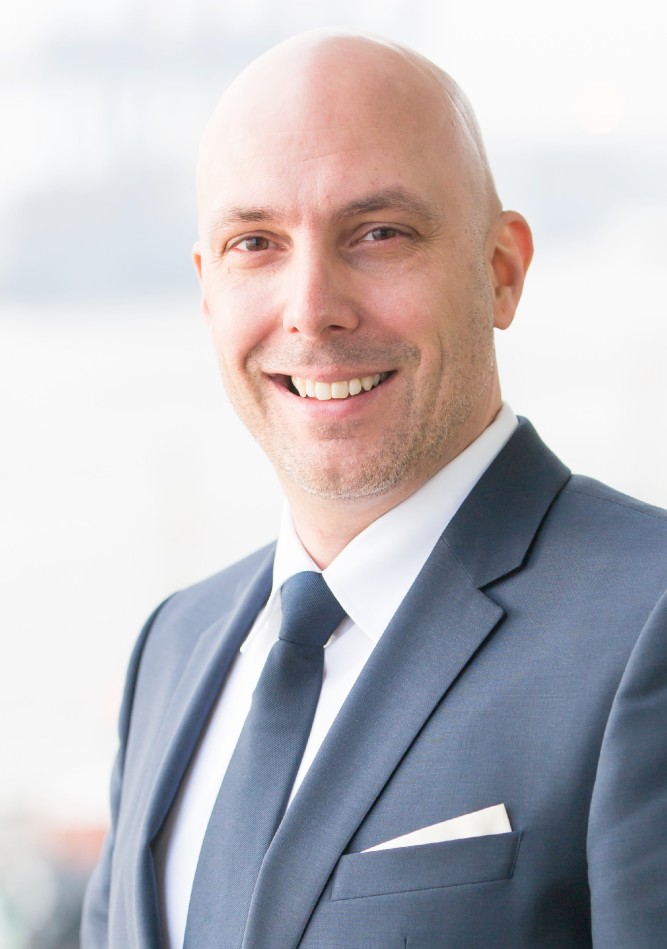
As a service and solution provider for marine fuels, KPI OceanConnect had to deal with the IMO 2020 regulations. Boris Gronenberg, Managing Director at the Hamburg site, spoke to HANSA about the market requirements his c…
Verwandte Themen




